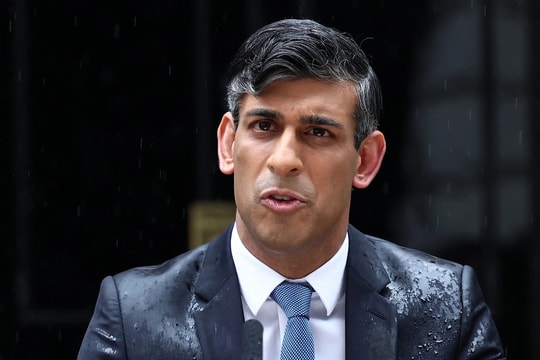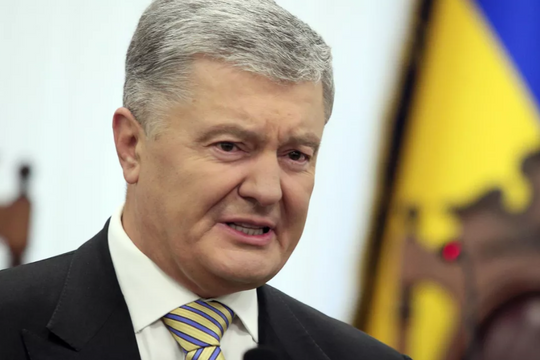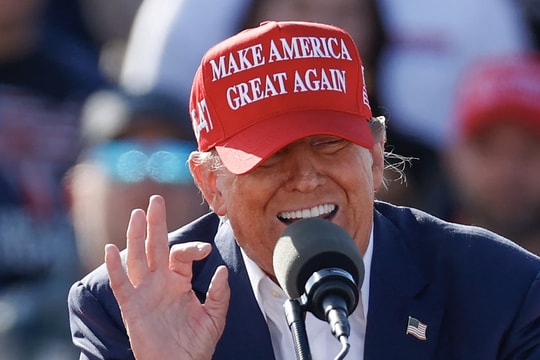Mexico's First Female President: From Scholar to Politician
Claudia Sheinbaum, former head of the Mexico City government and candidate of the ruling Morena party, is expected to become Mexico's first female president.
Scientists enter politics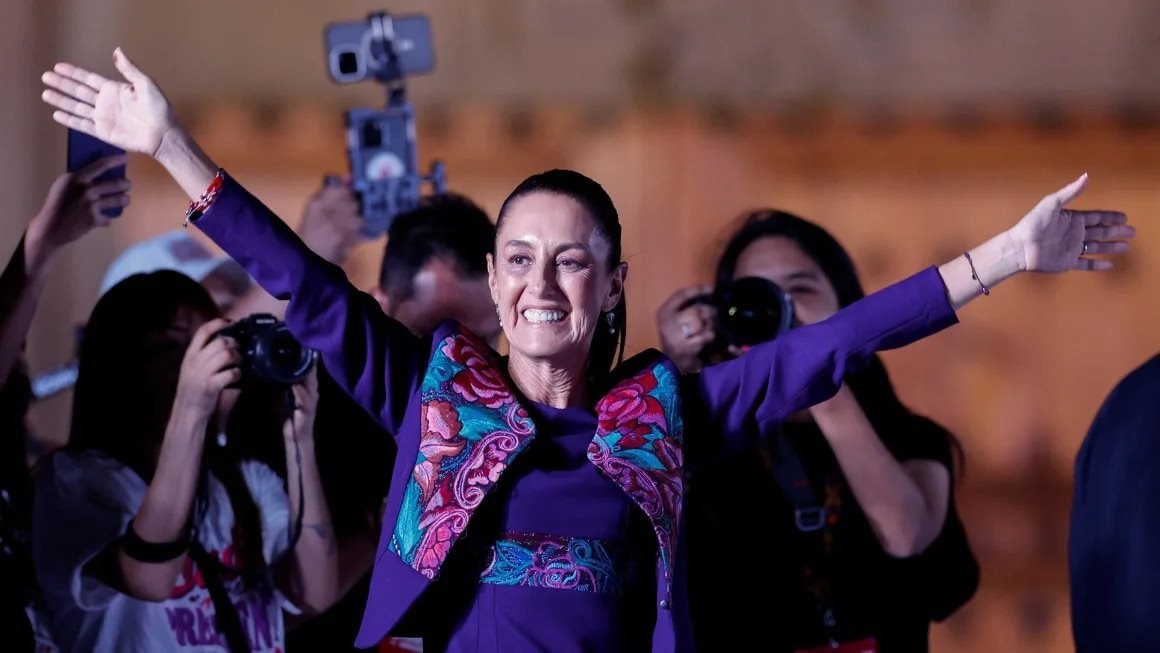
The 61-year-old has been riding a wave of support for her longtime political ally, Mexico's outgoing leftist President Andrés Manuel López Obrador, and their Morena party.
According to CNN, the Electoral Court still has to confirm the results of the presidential election and if confirmed, she will begin her presidential term on October 1.
Ms. Sheinbaum, a former climate scientist, entered the campaign as the front-runner, according to polls in February and March by Mitofsky, Parametría and De las Heras Demotecnia, which showed her with a 49% to 67% lead over her political rivals.
Ms. Sheinbaum holds a bachelor's degree in physics, a master's degree, and a doctorate in energy engineering. She has received numerous awards during her academic career.
Born in Mexico City in 1962, she has two children and one grandchild. Her husband, whom she met in college when they were both studying physics, Jesús María Tarriba, is now a financial risk specialist at the Bank of Mexico.
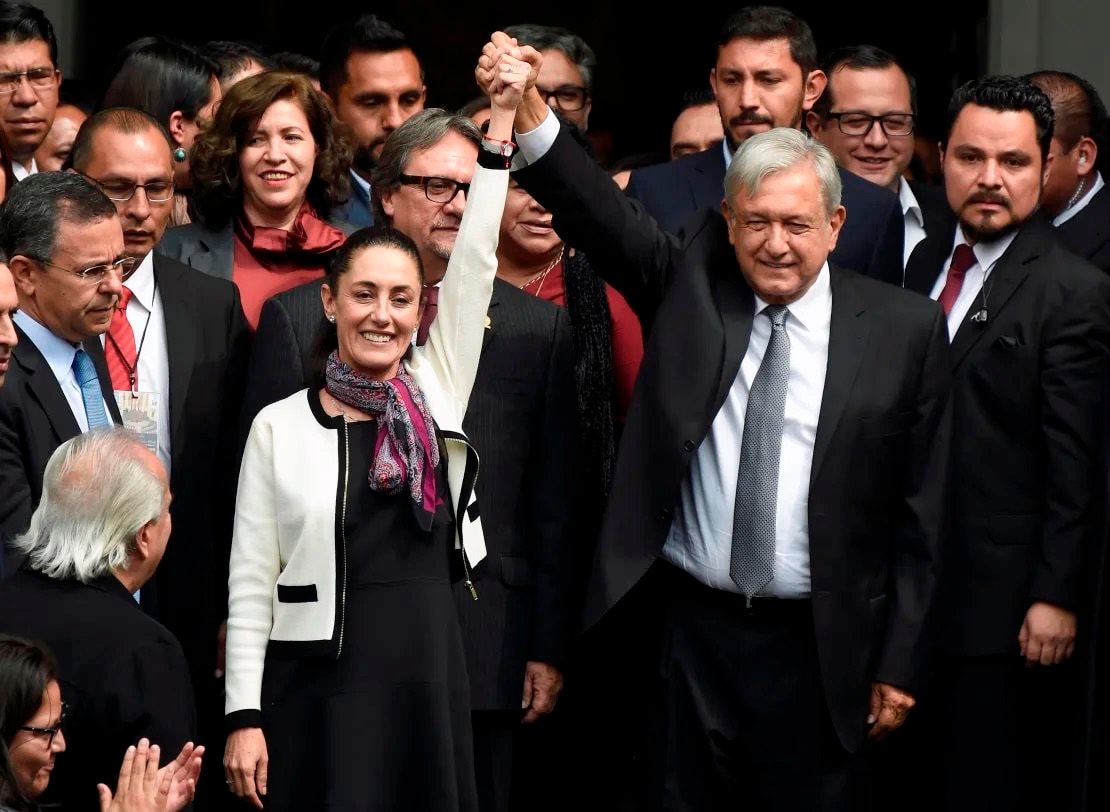
In 2018, she became the head of the Mexico City government, the first woman to be elected to the position, and will serve until June 2023. She then stepped down to run for president with the Morena party she founded, aiming to succeed her party colleague, Mr. López Obrador.
She has devoted much of her life to university teaching, focusing on renewable energy and climate change. In 2007, the Intergovernmental Panel on Climate Change (IPCC), to which Sheinbaum contributed, received the Nobel Peace Prize.
What challenges are awaiting?wait?

Violence has been rife in Mexico's election, which CNN has called the bloodiest in the country's history. Dozens of candidates have been murdered by criminal organizations trying to influence who comes to power.
The election is also seen by some as a referendum on the policies of outgoing President Andrés Manuel López Obrador.
Mr López Obrador’s popular welfare policies have helped poorer Mexicans, but his “hugs, not bullets” policy and stance on not confronting gangs has failed to stem criminal violence.
Mexico has one of the highest murder rates in the world, and more than 100,000 people remain missing in the country, according to CNN. It also remains a dangerous place for women, with a femicide rate that is sky-high in the region – about 10 women are murdered every day.
Ms. Sheinbaum will have to act quickly on Mexico’s security and organized crime problems, said Will Freeman, a fellow for Latin America at the Council on Foreign Relations. “It’s amazing that the ruling party was able to win such a landslide election again… given the widespread violence, the problem is that the opposition doesn’t seem to have come up with a much more credible set of proposals for what they would do,” he said.
It remains to be seen whether Sheinbaum and her team from her time as mayor of Mexico City can replicate their proven track record of improving security on a national scale, Freeman added.
US-Mexico Relations
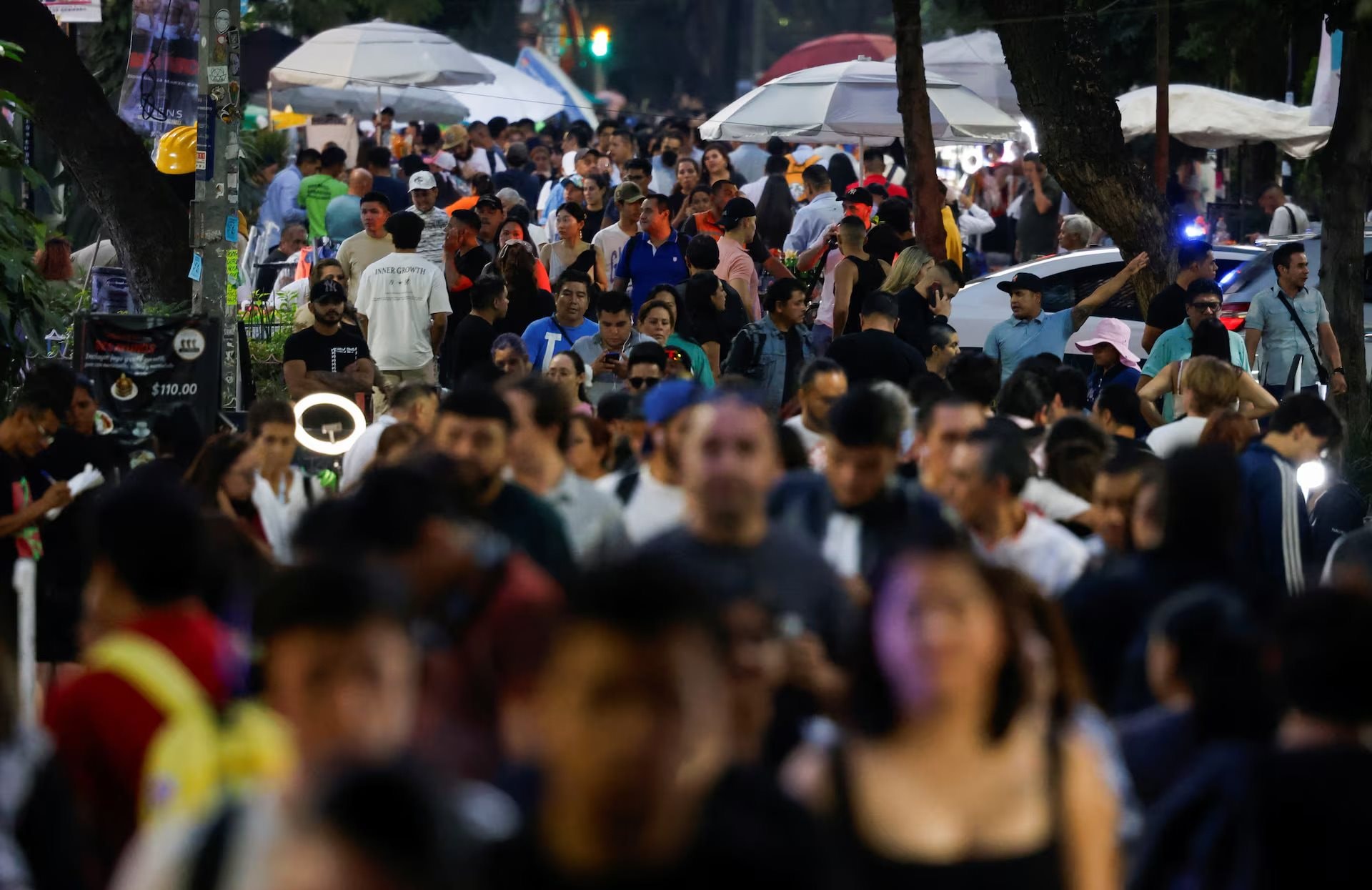
Both Mexico and the US are holding elections in 2024, which only happens every 12 years – and comes at a transitional time in the relationship between the two countries.
Ms Sheinbaum will take office just a month before Americans go to the polls in November, where immigration is a top issue on the ballot for Joe Biden and Donald Trump.
Mexico is a key US ally on a range of issues, from trade to combating drug trafficking to managing migration. Current and former US officials have often described the relationship between President Joe Biden and Mexican President Andrés Manuel López Obrador as friendly and professional – and predicted a productive relationship with Mexico’s next president.
But Mexico's election also comes at a crucial time for the Biden administration.
In recent months, the United States has relied heavily on Mexico to step up immigration enforcement and help stem the flow of migrants to the southern U.S. border. The Mexican election has raised uncertainty among some Biden administration officials about whether there will be any changes in border cooperation with a key partner.
US officials are hopeful that the new administration in Mexico will be able to continue to cooperate with the US on migration after years of cooperation, but it is unclear how migrants – and especially smugglers – might plan their next moves during the transition.

